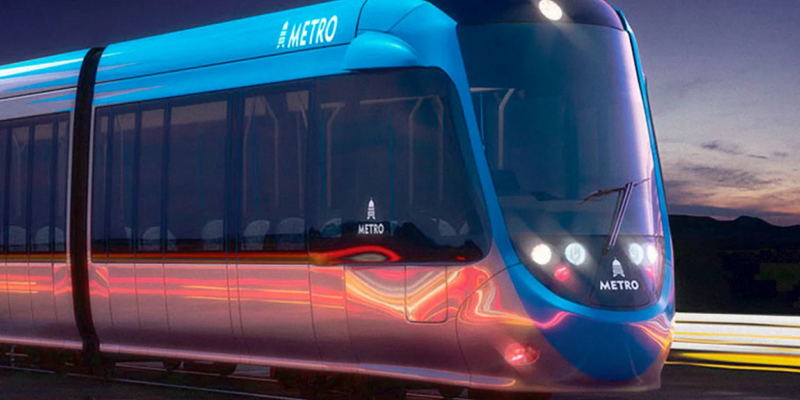After estimates that a new rail system approved by voters is already 40% over budget, and news continues to surface of how it would destroy businesses and snarl traffic, Texas legislators may soon be stepping in.
As the bill-filing deadline approaches for the 2023 legislature, multiple bills have been submitted related to Project Connect, which would provide for five new rail lines (one of which would be a controversial subway crossing downtown’s lake and cutting into popular pedestrian business corridors), priority signaling for mass transportation, new routes to and from expanded park-and-ride sites, improved payment options, and $300 million in “anti-displacement” funding.
Not just residents with proverbial back yards but historic businesses have cried foul at how the plan would radically change life in Austin and destroy many amenities. Now reporters are tweeting that several bills filed recently would “disrupt Project Connect” (and this after former Mayor Steve Adler said during one of his final interviews as mayor that his homelessness policies were designed to cause a “disruption” — keep an ear out for this word [ED: and another situation in which Republicans in the Texas Legislature acted to intervene in far-left Austin decision-making]).
According to Ryan Autullo from the Austin American-Statesman, bills from Republican Reps. Ellen Troxclair, Dustin Burrows, Morgan Meyer, Sen. Paul Bettencourt, and Democrat Richard Raymond “aim to disrupt” the ambitious program.
According to the Autullo, if Troxclair’s bill passes, Austin voters would have to approve around $10 billion more in debt for the project (though it was originally approved by voters 57-42% in its original $7.1 billion form in November 2020). Former Republican Travis County Commissioner Gerald Daugherty is supporting this bill, being promoted as the “No Blank Checks Act.”
KUT radio’s Nathan Bernier tweeted HB 3899 and SB 1791 seem to be the primary vehicles (pun intended).
Advertisement
“Being unable to issue debt without an election would likely be a huge headache for ATP [Austin Transit Partnership],” Bernier said. “Light-rail has huge upfront costs. ATP has a dedicated property tax (8.75 cents per $100 property valuation)” and stands to collect $159M in fiscal year 2023.
Meanwhile, the Downtown Austin Neighborhood Association is hoping the slow pace of Project Connect can be used to delay improvements to Interstate Highway 35. The organization tweeted it would prefer TxDOT wait until after Project Connect is built, after TxDOT announced it would take roughly 2 acres of lakeside park land as a staging area for the nearly $5M highway expansion. “Impact analyses should consider runoff into Lady Bird Lake during construction, Clean Water Act compliance, & runoff mitigation measures. We encourage the Commission to delay implementation until Project Connect’s system can give more access downtown during any I-35 construction.”
Activists with ReThink35 have routinely juxtaposed Project Connect and the IH-35 improvements as diametrically opposed visions of Austin’s transportation future. But even an article from left-leaning Fast Company admits that Austinites by and large have mixed feelings. They may have approved initial funding, but do voters support that “blank check?”
“Disruption” may end up not being strong enough of a word to describe what is coming unless the legislature can step in with a way to temper Project Connect’s rising price tag — be they the financial or the social costs.
This article originally appeared in The Travis Tracker, an Austin-area conservative news portal.
Advertisement
Advertisement

